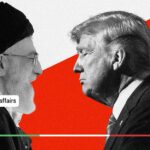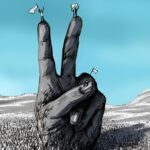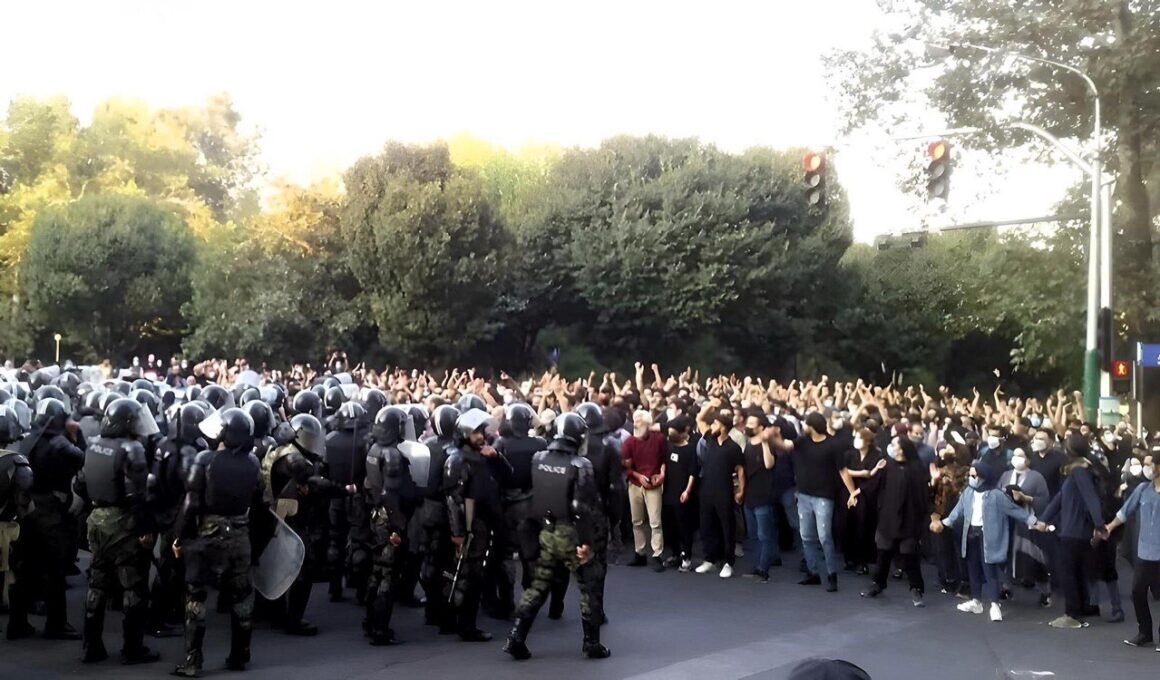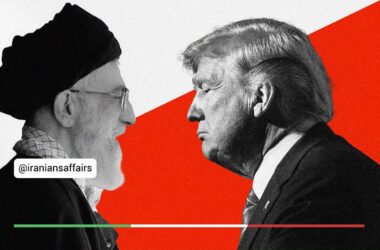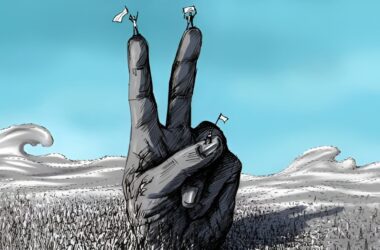Whenever the Iranian people display their courage and yearning for freedom by taking to the streets and fighting against a repressive mafia regime, a critical and narrow window of opportunity arises for the United States and its allies to provide maximum support to the people of Iran. This support must go beyond long-term measures of maximum pressure on the regime and include immediate, bold actions to protect Iranian citizens from the regime’s brutal suppression. In those pivotal moments when Iranians risk their lives to free themselves and the world from a criminal sect, the U.S. and its allies, in full coordination with Crown Prince Reza Pahlavi as the national leader, must take courageous steps to prevent mass repression, killings, executions, and widespread arrests by the Islamic Republic.
The Urgent Need for Immediate Action
Street protests in Iran are inherently perilous and short-lived. The Islamic Republic has repeatedly demonstrated its willingness to respond to peaceful demonstrations with maximum violence, often quelling uprisings through severe crackdowns, mass arrests, and executions. In such circumstances, support that takes months—or even weeks—to materialize is unlikely to effectively protect the people in the streets. Effective maximum support must be timely, coordinated, and robust, creating tangible costs and risks for regime officials to deter further repression. This requires moving beyond sanctions and diplomatic statements to actions that impose real, immediate consequences on those enabling violence against the Iranian people. Below are suggested measures to provide this kind of urgent support.
Military Deterrence
The U.S. and its allies, including Israel, could publicly declare that the Islamic Republic must never execute protesters under any pretext. Any such act should result in targeted attacks on key IRGC commanders. Additionally, a visible display of military power could serve as a strong deterrent. Non-aggressive flights near Iran’s borders by U.S. and allied aircraft could demonstrate to the regime that its actions are under close surveillance and that escalating violence could trigger international repercussions. The heightened threat of broader international responses could create significant external pressure, deterring the regime from further violence.
Cyber Operations
Targeted cyberattacks can significantly disrupt the Islamic Republic’s ability to coordinate and execute crackdowns. Security forces rely heavily on centralized communication networks, mobile systems, and GPS for mobilization and coordination. Cyber operations that disable or disrupt these networks—such as GPS jamming, disabling surveillance cameras, and interrupting communication among security forces—can create confusion, delay response times, and weaken the regime’s capacity for suppression. Additionally, cyberattacks on fuel distribution systems could hinder the regime’s ability to quickly deploy large numbers of forces or heavy vehicles in response to protests.
Focused cyber operations targeting specific technologies and equipment used for crowd control, such as disabling surveillance systems, drones, and data analysis platforms, can deprive the regime of essential tools for monitoring, tracking, and controlling protesters. By disrupting the regime’s ability to surveil and mobilize, such cyber interventions have the potential to slow down and reduce the efficiency of crackdowns.
Furthermore, cyber operations that target the regime’s banking systems and payment processors could impose immediate financial consequences. Disabling electronic banking systems, payment gateways, and interbank transactions would significantly disrupt the regime’s ability to transfer funds, directly impacting the financial stability of institutions supporting repression.
In parallel, coordinated international restrictions on crowd-control equipment, tear gas, and related tools can limit the regime’s access to these resources, creating logistical challenges for security forces engaged in suppression.
Safe Passage for Security Defectors
One of the most effective measures the U.S. and its allies can take, under the direct oversight of Crown Prince Reza Pahlavi as the national leader capable of attracting and guiding defecting military and security personnel, is to provide safe passage and immediate asylum to any member of the security forces who refuses to follow orders to commit violence against Iranians. If widely and clearly announced, this offer can incentivize defections among regime forces, particularly those already hesitant about participating in violence against civilians. Public statements from the U.S. and allied countries offering asylum to soldiers and security personnel who refuse to carry out violence can create internal divisions within the regime’s forces and weaken its human resources. By providing an escape route, the international community can reduce the likelihood of indiscriminate violence by the regime on the streets.
Psychological Warfare
The role of information warfare cannot be overstated during moments when the streets are filled with dissenters. Targeted psychological operations, including messaging campaigns directed at both the Iranian public and the regime’s security forces, can exacerbate the regime’s sense of isolation and undermine its control over narratives. The U.S. and its allies can use various media channels to broadcast messages exposing human rights violations, supporting defectors, and signaling the international community’s readiness to hold perpetrators accountable. Public messages aimed at security forces can create hesitation and doubt among those tasked with suppression.
Simultaneously, the continuous dissemination of timely information about protests and any violence occurring can provoke international outrage and heighten the regime’s perception of vulnerability to foreign intervention. These psychological tactics exploit the regime’s fragile legitimacy, making the use of violence more difficult for its leaders.
The U.S. can also publicly track and expose key security officials responsible for violence against civilians. Using social media, news networks, and international platforms to share this information increases psychological pressure on those participating in repression.
Emergency Sanctions
While general sanctions take time to show their effects, coordinated and rapid sanctions targeting critical sectors of the Islamic Republic’s economy can have more immediate impacts. These sanctions, beyond broad economic measures, should directly disrupt the regime’s day-to-day operations. For instance, the U.S. Navy could deploy forces to the Strait of Hormuz to monitor oil exports and impose immediate sanctions or block any oil shipments in response to violence by the regime. Cutting off the regime’s revenue streams through such measures would create significant financial costs for continued crackdowns and amplify pressure on the regime.
For decades, the mafia-like Islamic Republic has suppressed its opposition through fear, maximum violence, and evasion of international oversight. However, the U.S. and its allies possess powerful tools that can shift this narrative and provide maximum support at the most critical moment for the Iranian people—when they risk their lives in the streets to decapitate the “snake’s head.” Crown Prince Reza Pahlavi, as the national leader, represents Iran’s greatest historical and political asset in dismantling the criminal sect of the Islamic Republic. By leveraging a combination of military deterrence, cyber operations, targeted sanctions, incentivizing internal defections, and psychological campaigns, the U.S. and its allies can impose real costs on the regime’s repressive apparatus.
Each of these actions sends a clear message: the world is watching, violence against civilians will have tangible consequences, and the Iranian people are not alone in their fight for freedom.
